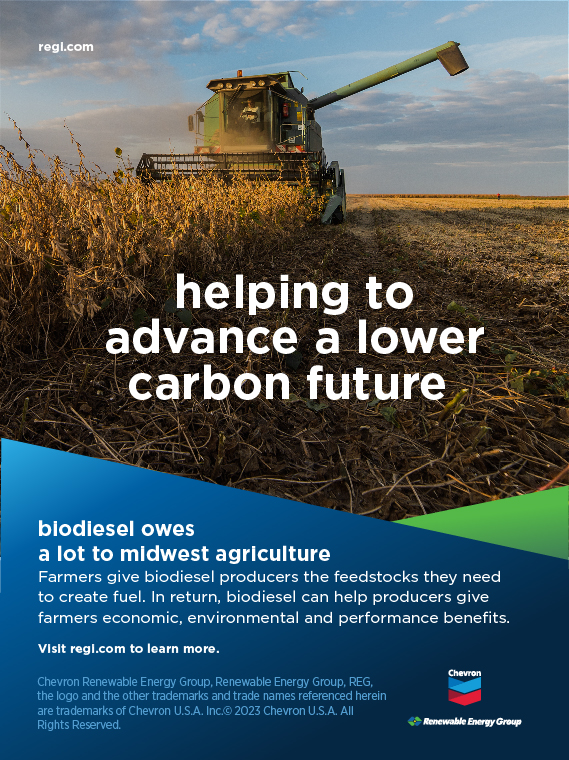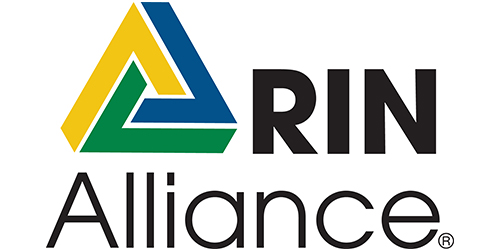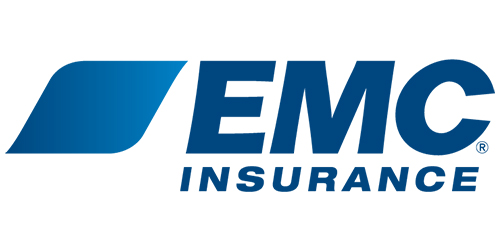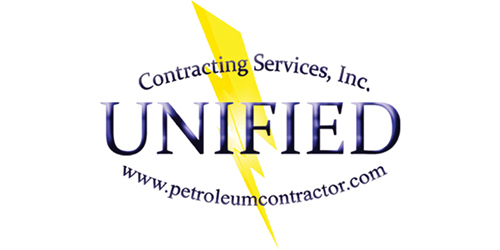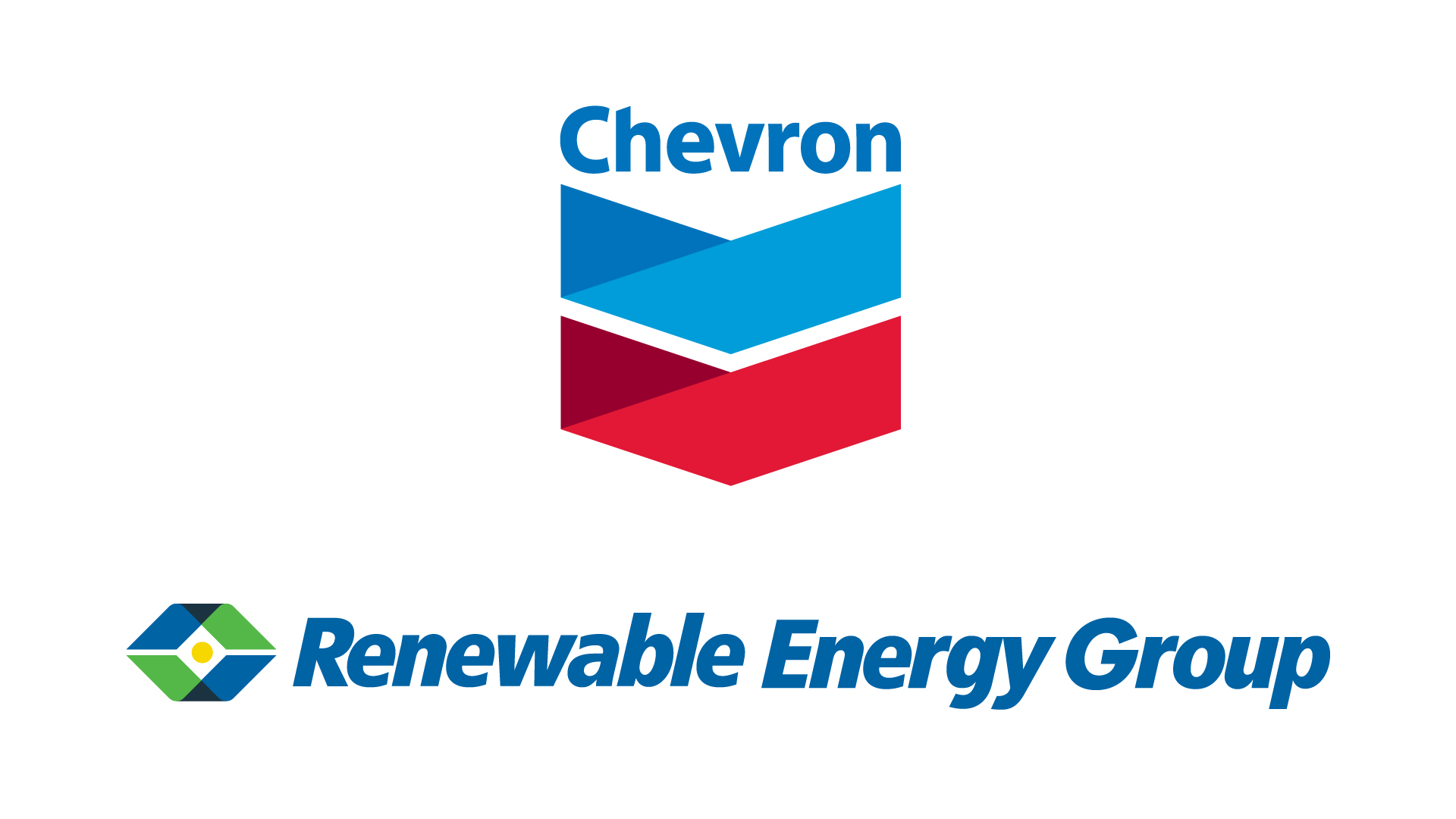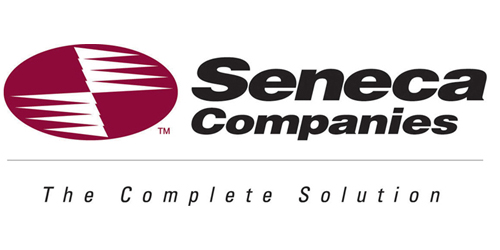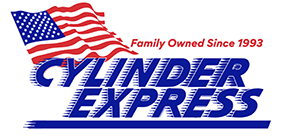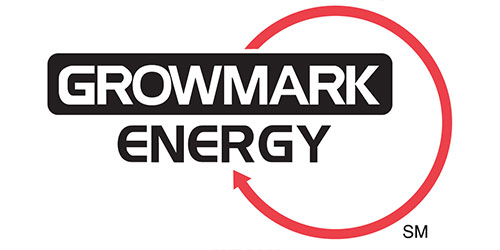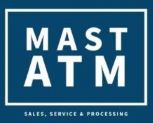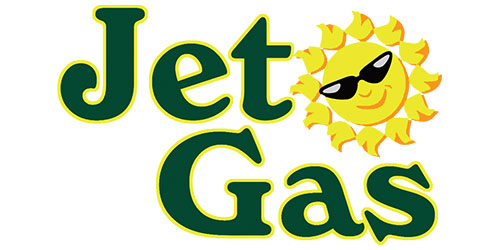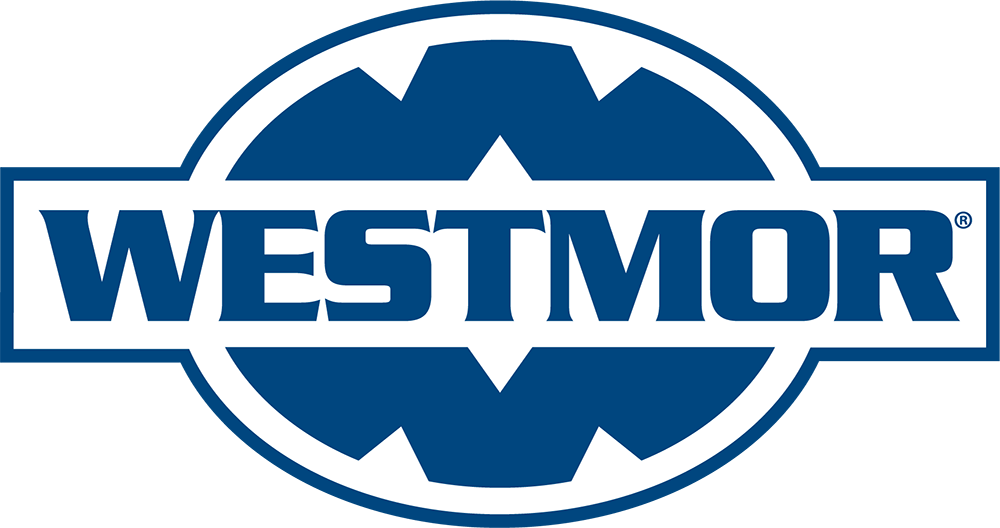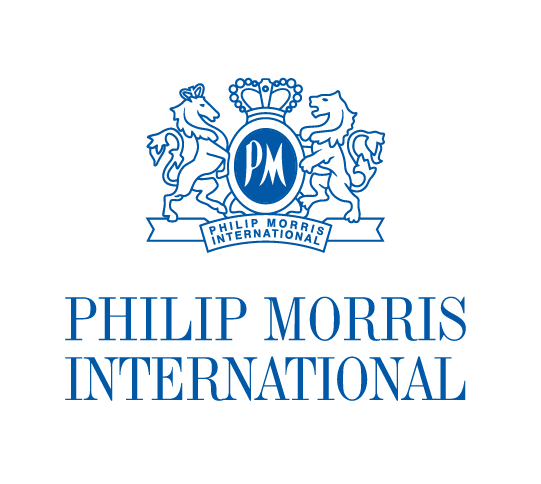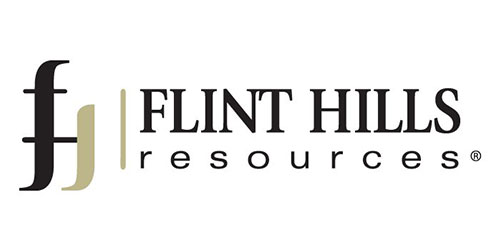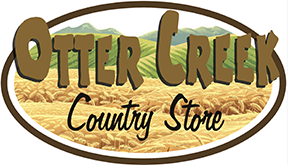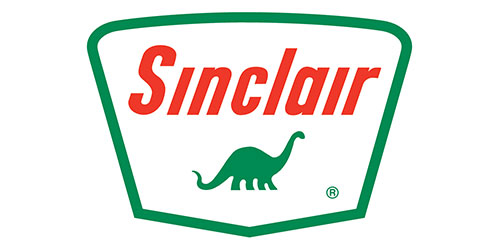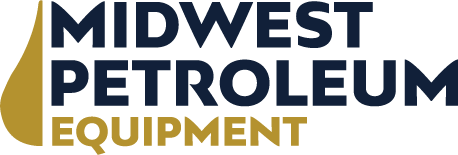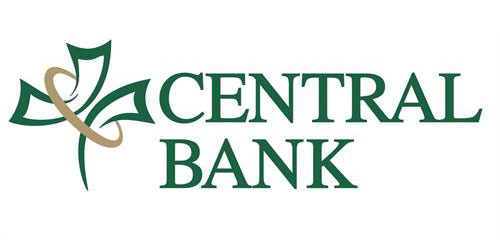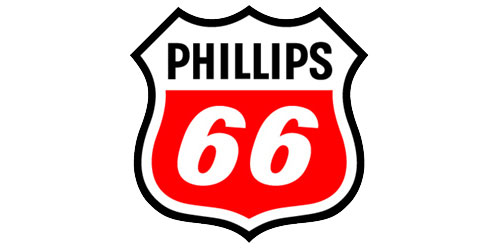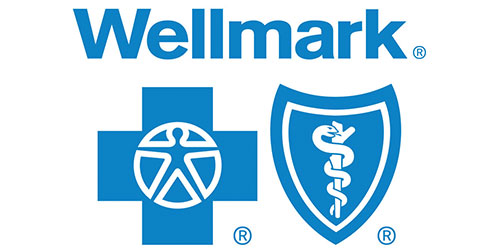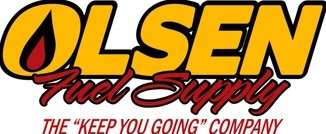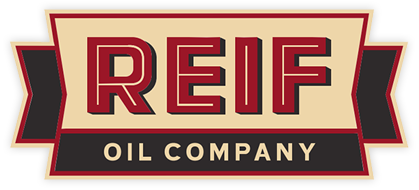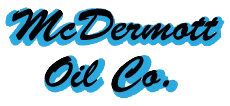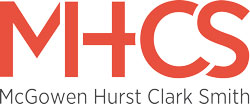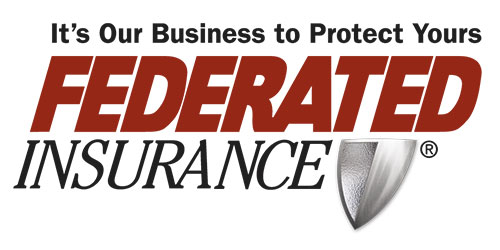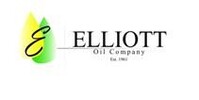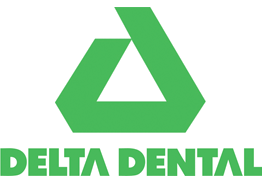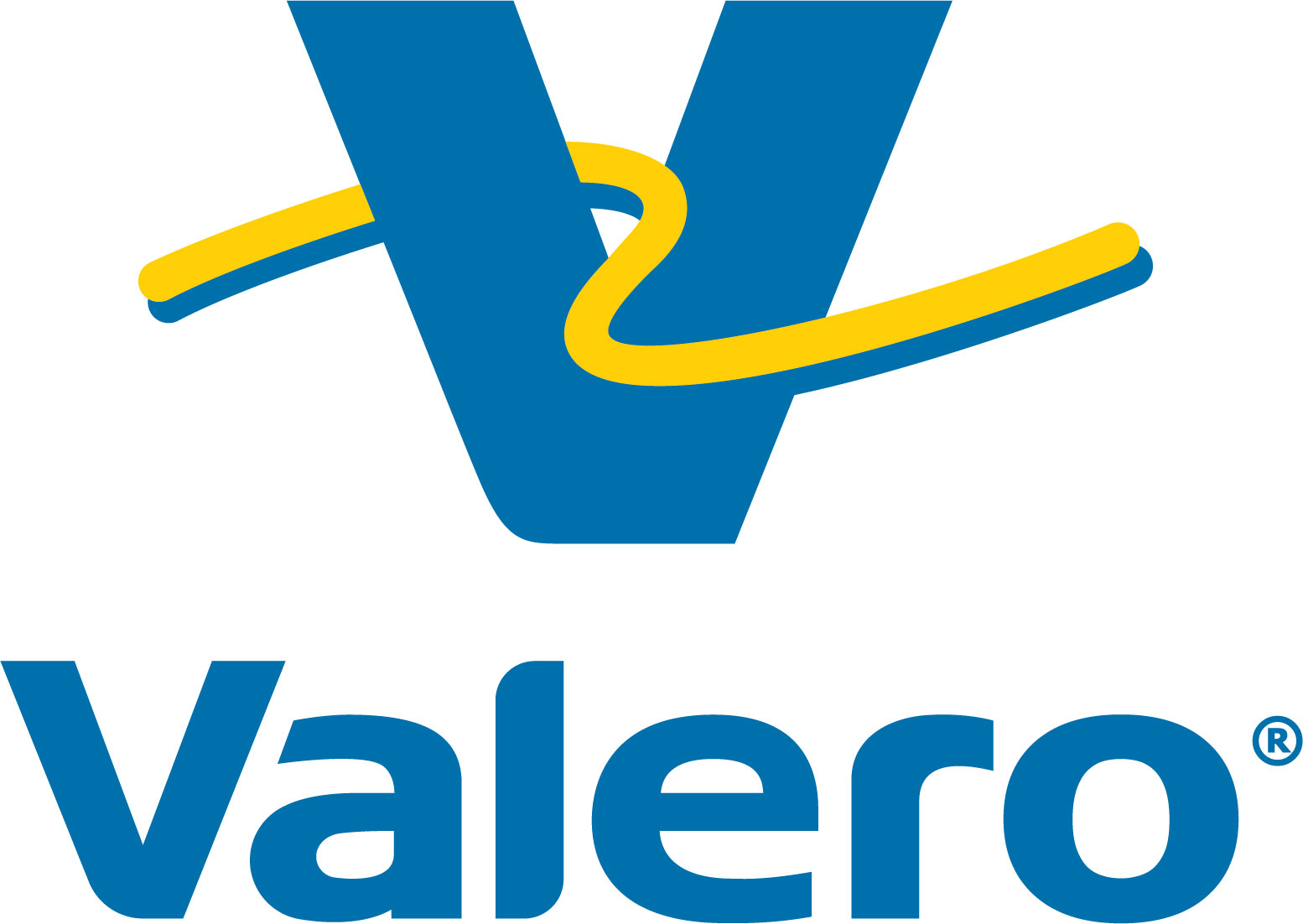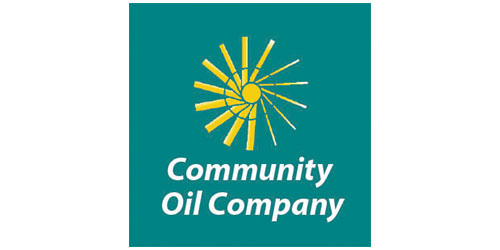
House Subcommittee on Environment Holds Hearing on High Octane Fuels
April 17, 2018 by PMAA | 
Today, the House Subcommittee on Environment held a hearing entitled “High Octane Fuels and High Efficiency Vehicles: Challenges and Opportunities.” Testifying before the committee included Chet Thompson, President, American Fuel and Petrochemicals Manufacturers; Dan Nicholson, Vice President, Global Propulsion Systems, General Motors, on behalf of the United States Council for Automotive Research; Tim Columbus, General Counsel, Society of Gasoline Marketers of America and National Association of Convenience Stores; Paul Jeschke, Chairman, Illinois Corn Growers Association; and Emily Skor, CEO, Growth Energy.
The upcoming CAFE standards will drive auto manufacturers to make more fuel-efficient vehicles. One means that has gained traction to achieving this is through the use of high compression engines in new vehicles. These high compression engines will require the introduction of a 95-Research Octane Number (RON) which is similar to a 91-92 minimum octane rating. For modern technology engines, RON is the better measure of performance (knock prevention) and is widely used in Europe. Transitioning to a high-octane baseline fuel would likely take nearly 20 years to happen and come with potentially significant costs. Witnesses argued that transitioning to 95-RON fuel would preserve the liquid fuels industry, different opinions were expressed on how to get to this higher octane standard.
In prepared testimony before the Committee, AFPM President Chet Thompson argued for a fuel neutral 95-RON (similar to a 91-92 minimum octane rating) performance standard in exchange for repealing the RFS. AFPM concluded that a 95-RON standard (similar to a 91-92 octane rating) is the sweet spot due to the fact that “California’s air quality standards limit the ability to increase the octane rating of the base gasoline to achieve more than a 95-RON E10 gasoline standard. Furthermore, California regulations prohibit the use of E15. Therefore, using E15 to produce a high-octane fuel above 95-RON is not feasible in California along with five other states which also have limitations or prohibitions on E15 use. Any octane standard that creates a de-facto E15 mandate would prevent the implementation of a single nationwide high octane fuel specification.”
AFPM further argued that “a 95-RON standard would be a more stable policy than the RFS for the ethanol industry, with more upside potential. However, the true value of a fuel-neutral, 95-RON performance standard is that the market will determine the correct balance between refining investments to produce the fuel at E10 or less, or the retail investments needed to produce the fuel at E15.” He noted, however, that implementing 95-RON octane performance standard for new vehicles would be a significant shift in the fuel and vehicle market will require time and significant investment including changes to the refining systems, upgrades at retail stations, labeling, and other standards changes. To read his testimony, click here.
Meanwhile, Growth Energy’s Emily Skor concluded that “Only with a stable RFS and with a significant boost in octane, coupled with a midlevel ethanol blend said that “while we support the move to higher octane fuels a 95 RON fuel could easily be met with today’s premium gasoline, and there would be little to no incentive to move to biofuel blends above 10 percent. Additionally, we cannot assume that a modest increase in octane to 95 RON will be the necessary driver to continue to grow demand for American-made biofuels and for corn without the access to the market provided by the RFS. Only with a stable RFS and with a significant boost in octane, coupled with a midlevel ethanol blend, can these substantial benefits be achieved.” In other words, the ethanol industry needs the 15-billion-gallon ethanol mandate to stay intact which maintains RIN values, and therefore, gives ethanol blends a chance to become a viable fuel in the marketplace. PMAA is concerned that this would only exacerbate the current RIN market chaos as long as the RFS is in place. PMAA is also concerned that implementing a higher-octane fuel will require considerable time and investment and cannot be implemented without considering the overall impact on the fuel and vehicle market.
Finally, Tim Columbus, General Counsel for NACS and SIGMA, in prepared testimony to the House Subcommittee on the Environment, indicated that they “consider an ‘octane solution,’ which will require vehicles to use fuel with a minimum of 95 RON after a date to be determined (presumably post-RFS 2022), to be a viable option to consider as part of RFS reform.” However, as the new high compression engines hit the market, older vehicles will still need the traditional 87 AKI. In order for a smooth transition, Mr. Columbus argued that retailers need misfuelling liability protection given that some cars will require 95-RON while others could still run on the traditional 87 AKI. He also indicated that higher ethanol blends such as E15 will likely play a critical role in meeting the increased octane standard. To smoothly transition to higher ethanol blends to meet the new compression standards, he argued that EPA’s fuel registration process needs to be streamlined and the 1 psi waiver of E10 needs to be eliminated. To read his testimony, click here.

